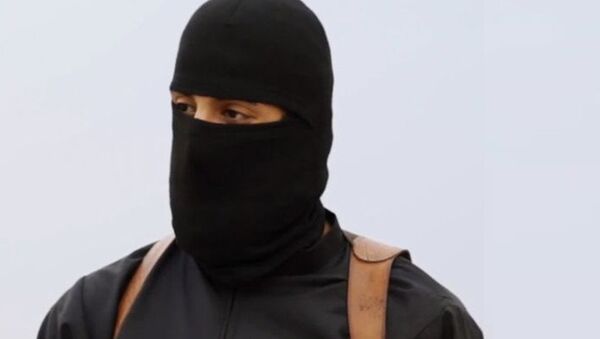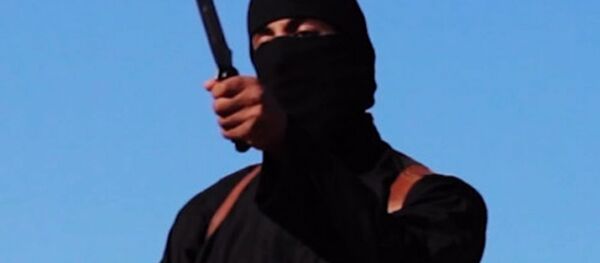Dressed all in black with a balaclava covering all but his eyes and the ridge of his nose and a holster under his left arm, he reappeared in videos of the beheadings of US journalist Steven Sotloff, British aid workers David Haines and Alan Henning, and American aid worker Peter Kassig.
Reports claimed to unmask west Londoner Mohammed Emwazi as the Islamic State (IS) frontman seen posing in several barbaric videos of hostages being murdered.
Asim Qureshi, research director of British advocacy group Cage, claimed Emwazi was interrogated by MI5 and subjected to security agency harassment before becoming the now-infamous militant.
Sir Menzies Campbell, a member of the Intelligence and Security Committee (ISC), said the parliamentary committee was likely to seek answers from the security services about what information they held on Jihadi John, but not until after the general election.
'Jihadi John': did the UK security services contribute to terror they are supposed to be preventing? http://t.co/K1G8kVNzFc
— CAGE (@UK_CAGE) February 27, 2015
Mr Qureshi said the country's national security policy "only increased alienation" since the 9/11 terrorist attacks and cited similarities between the case of Emwazi and that of Michael Adebolajo, who murdered soldier Lee Rigby in Woolwich in 2013.
Intelligence Service Bullying
Speaking at a press conference, Mr Qureshi described Emwazi as "the most humble young person that I knew".
He said:
"He (Emwazi) was such a beautiful young man, really. It's hard to imagine the trajectory, but it is not a trajectory that's unfamiliar with us."
And in a swipe at authorities, Mr Qureshi added: "A narrative of injustice has taken root. A narrative of impunity that there is no accountability for the way in which our security agencies operate. Unless we arrest that narrative, we are just going to see these things happening over and over again.
"People will feel like they are pushed out and that they don't have a place to belong. And when somebody is giving them a message, 'Come, we will give you a sense of belonging', how can you argue against that?"
Sir Menzies said the case appeared to have "echoes" of the 2013 murder of Lee Rigby, as killer Adebolajo later turned out to be known to security agencies.
'If he's a "beautiful, kind man", why is he killing innocent civilians? He's a monster': Brother http://t.co/VVm5Da6mhD
— JUST GEOFF RET MUSO (@geoffkernow) February 27, 2015
"One of the difficulties here is you can't keep an eye on everyone all the time, and as the committee found in the case of Lee Rigby, there's no doubt that from time to time the security services have got to prioritise those upon whom they are conducting surveillance," he said.



